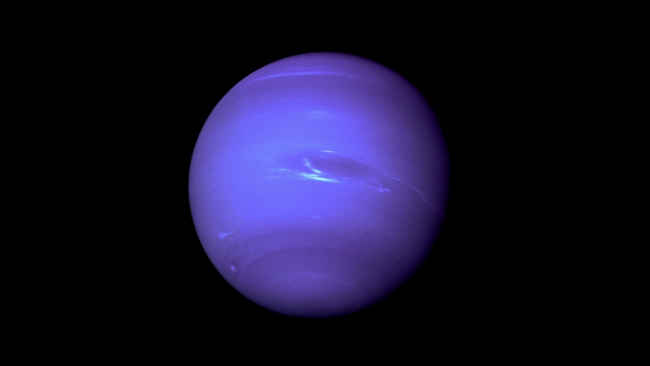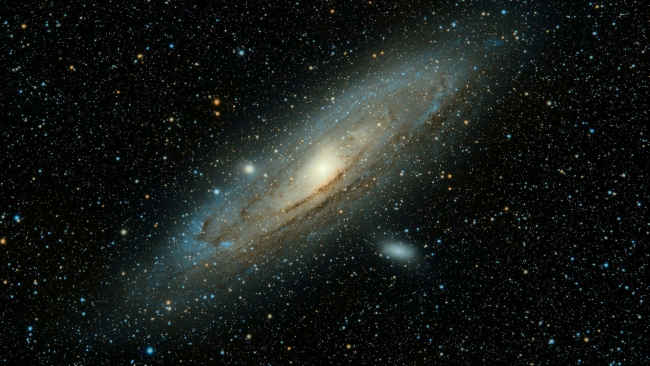When we speak about AI, a majority will generative AI applications like ChatGPT or Midjourney, or personal assistants such as Alexa and Siri. However, the journey of artificial intelligence has progressed by leaps and bounds where we are talking about using machine learning and artificial intelligence to regenerate a human heart, produce autonomous vehicles and now, extend the technology further to even discover a new planet. That’s right, AI has significantly contributed to discovering a new planet, according to a report.
A team at the University of Georgia confirmed that artificial intelligence played a fundamental role in discovering a new planet outside our solar system. This can be considered as a pathbreaking system in discovering new exoplanets which can help in identifying new planets by just utilising the protoplanetary disks.
The basic understanding of this system is that AI helped in operating simulations to locate the exact periphery of the planet. However, the system is extremely intricate and complex and has taken the contribution of AI in Astronomy to the next level.

Jason Terry, a doctoral student at the UGA Franklin College of Arts and Sciences exclaimed “This newly-discovered planet increases the already extensive collection of over 5,000 exoplanets identified beyond our solar system.”
The technology is commendable for the abilities artificial intelligence is offering to astronomical and space studies. Until now the newly discovered planet was hard to identify because it was orbiting 75 astronomical units away around its star, hindering the astronomers’ attempts at accurately gauging it.
Also read: AI education vital to overcome AI-related job loss fears, says Digit Survey
As of now, astronomers have discovered 5,000 exoplanets and as the technology improves the use of AI in identifying celestial bodies is only going to increase. The mission of discovering unknown and harder-to-detect planets has expanded with technology upgrading and revolutionising itself, thanks to AI.

The Astrophysical Journal recently published two papers which gave insights about how machine learning has been contributing to the discovery of planets beyond our solar system in outer space. The technology helps in identifying the faint signs in dense dust disks that form planets which eventually develop young stars.
This AI tool in question works on the speed and efficiency of discovering forming planets especially when the telescopes deliver a flood of data on exoplanets in the Milky Way. The tool also works on identifying a signal in the previously analysed data making sure that there are no planets gone undiscovered. “This demonstrates that our models and machine learning in general have the ability to quickly and accurately identify important information that people can miss” stated Terry.
There are AI models that are developing to underline evolution and formation of planetary systems. In a nutshell, astronomers can now discover planets that have been previously undetectable with the traditional methods.
Also read: India builds AI tool to predict monsoons 18 months in advance: Here’s how
AI in astronomy has the potential of discovering the obscure truths of the universe and this will only intensify with the advancements in technology. What are your thoughts about AI’s contribution in space exploration and celestial bodies’ discovery, Let us know at editor@digit.in
from AI News https://ift.tt/47rNEdk
Comments
Post a Comment